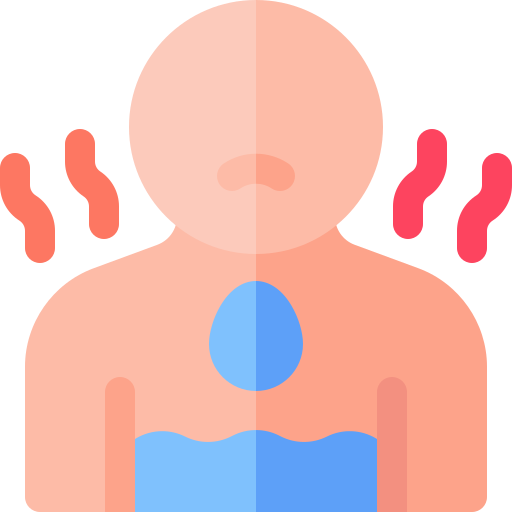- Users can learn to recognize the signs and symptoms of dehydration, such as dry mouth, decreased urine output, and dizziness, enabling prompt intervention.
- The simulation provides insights into the importance of fluid replacement in managing dehydration, including the appropriate type and amount of fluids to administer based on the patients age, weight, and clinical condition.
- Users can practice monitoring the patients fluid status and response to treatment, as well as assessing for complications such as electrolyte imbalances.
- The simulation aims to improve users understanding of prevention strategies for dehydration, such as encouraging adequate fluid intake, especially during hot weather or periods of increased activity.
imaginX is used by many amazing schools and universities
University / College

























